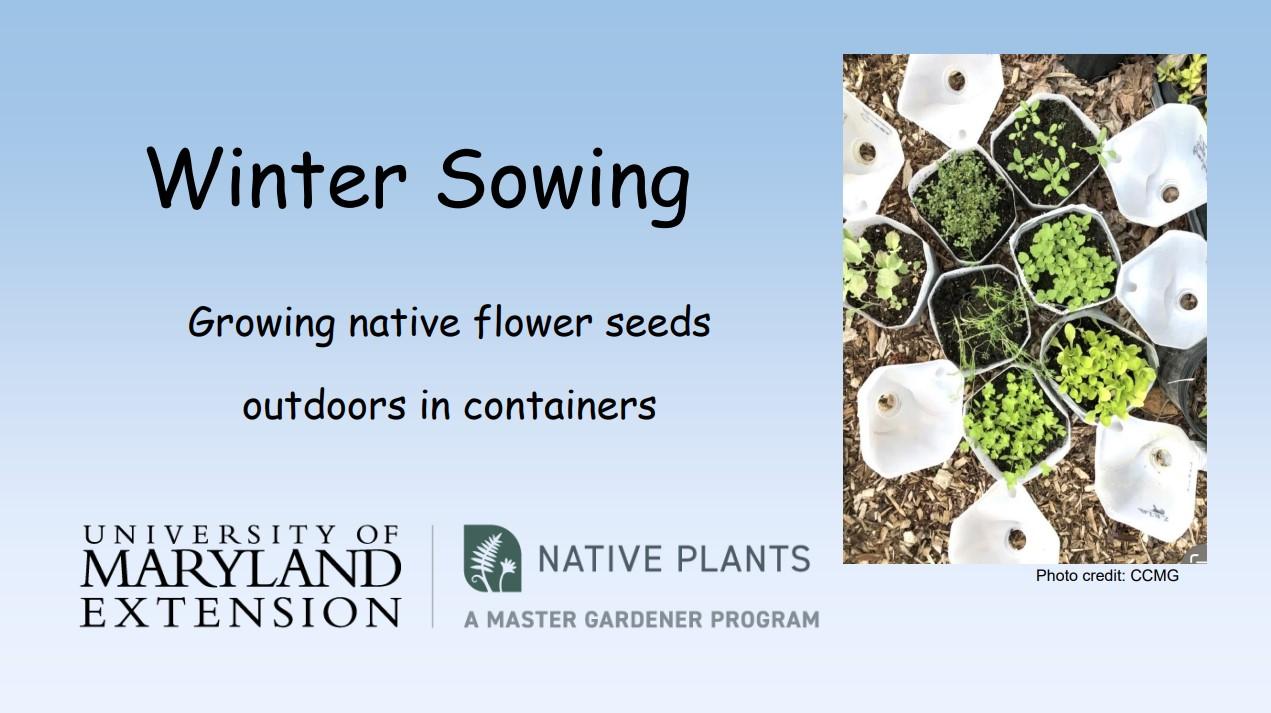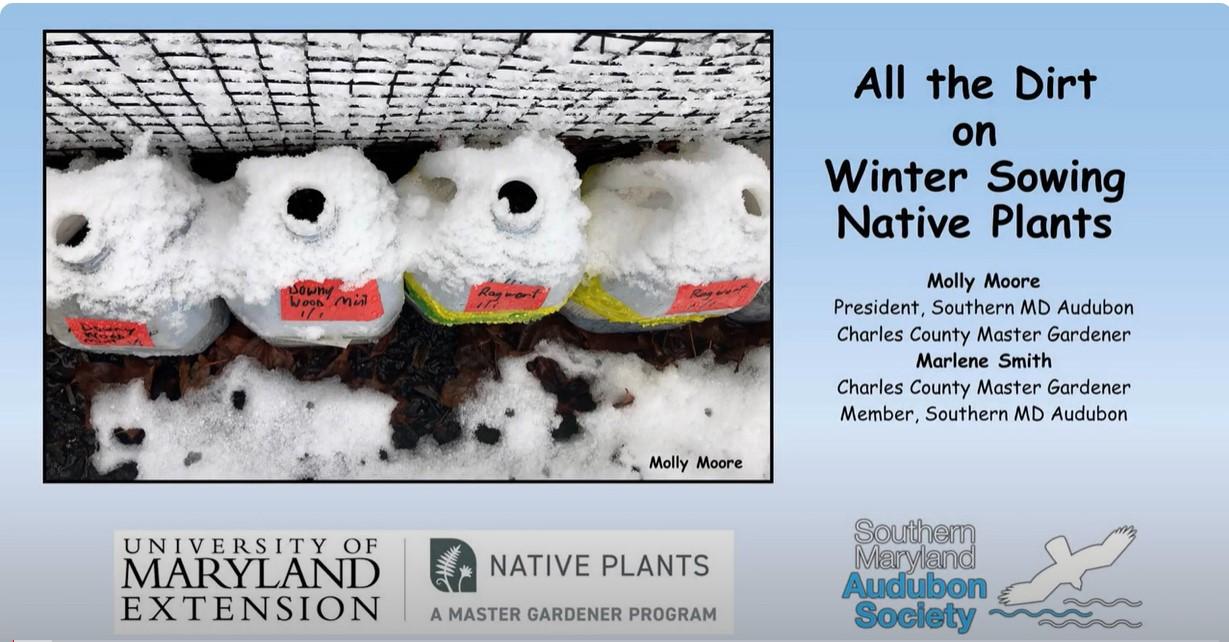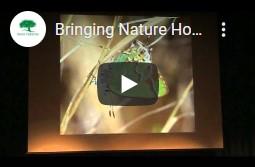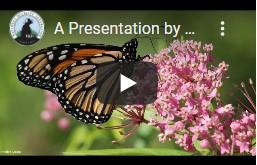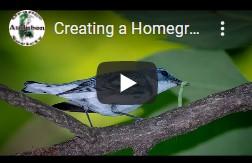
Why Native Plants?
Native plants are beautiful and come in a kaleidoscope of colors and a variety of sizes and shapes to fit any yard, garden, patio or window box.
Native plants provide essential food and shelter for local birds, pollinators and other wildlife to survive and thrive.
Native plants are healthier for you and the environment. Once established, they require little or no fertilizer and no harmful chemicals, they don’t need mowing and they use far less water than lawns and ornamental plants
Beware of Invasives and Imposters
What’s the difference between a butterfly weed and a butterfly bush?
Butterfly weed (Asclepias tuberosa) is a native milkweed with brilliant orange flowers that is one of the best nectar sources for numerous pollinators and a host plant for the Monarch butterfly.
Butterfly bush (Buddleja davidii) is a shrub with purple or white flowers native to China and is an invasive species in Maryland and many other states. No American butterfly caterpillars can use it as a host plant food source. Yes, some adult butterflies will sip its nectar, but the nectar has little nutritional value— akin to humans eating candy.
Invasives are plants that are not native to a specific region. They often are garden escapees that can out-compete and displace native plants. Because they did not develop in the local eco-system, invasive plants have no nutritional value and can create food deserts for most native birds and insects.
A single pair of breeding chickadees needs to find 6,000 to 9,000 caterpillars to raise one clutch of young. A native white oak tree is host to 557 different species of butterflies and moths. The non-native ginkgo tree supports just five.
Winter Sowing Native Seeds
The Bel Alton Demonstration Garden project presented on winter sowing at the Extension office January 25, 2025. Participants learned how to winter sow and took home prepared containers for their gardens. Check out the presentation below.
Charles County Master Gardener "All the Dirt" Native Plant Series
-
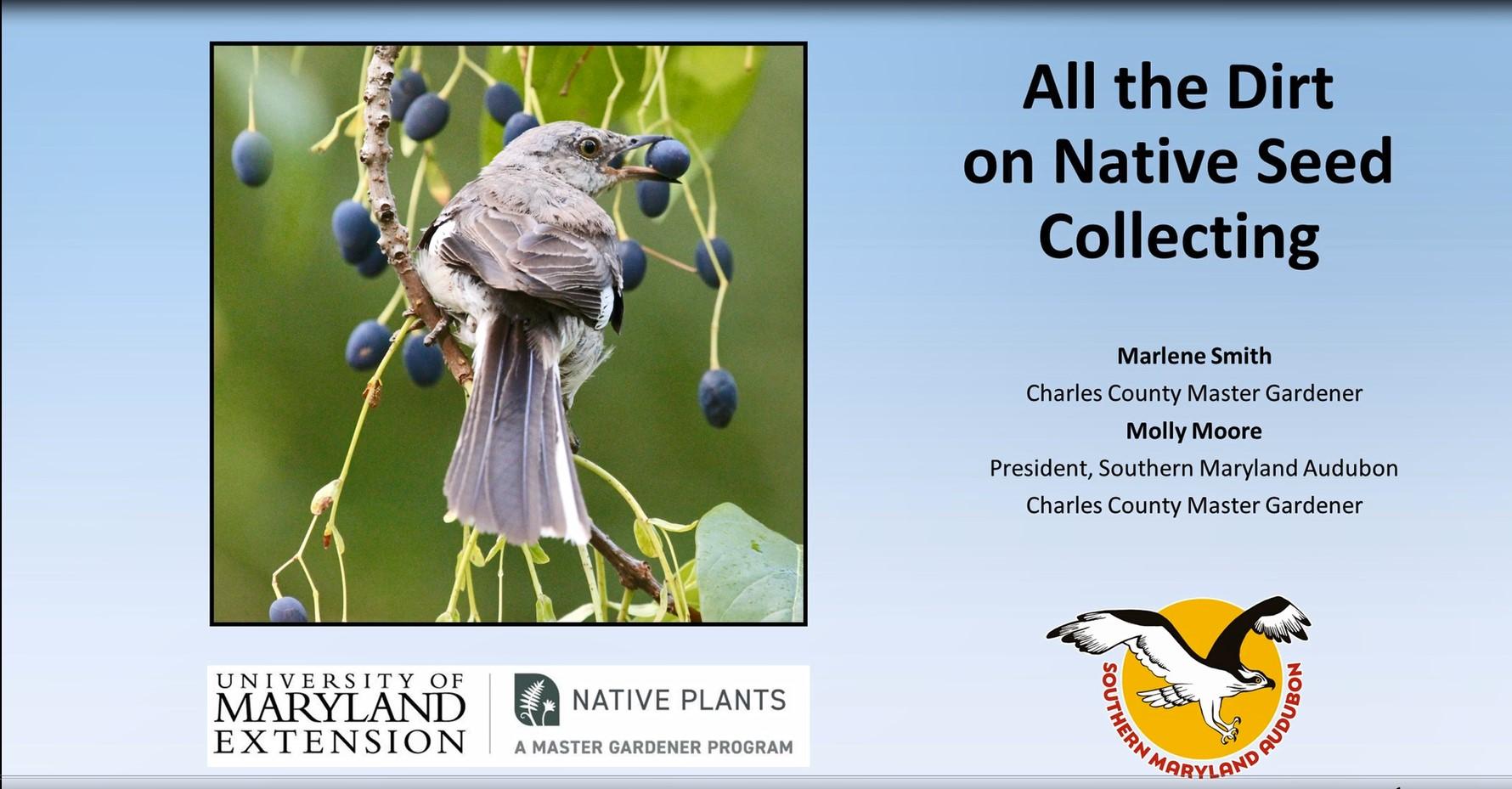
All the Dirt on Native Seed Collecting
Join Charles County Master Gardeners Molly Moore and Marlene Smith in this recorded presentation as they introduce 10 simple steps to ethical native seed collecting, and share their personal experiences. You can download and view the PowerPoint Presentation.
Dr. Douglas W. Tallamy, entomologist and wildlife ecologist, is revolutionizing how we garden.
Resources
University of Maryland Extension State Native Plants
Maryland Department of Natural Resources: Rare, Threatened, and Endangered Plants -This list of rare, threatened, and endangered plants is made periodically with the most recent list from 2019. This page provides the lists separated by county and details the conservation status rank and State legal status as well as fact sheets.
Why Native Plants
Winter Sowing Native Plants
All the Dirt on Winter Sowing Native Plants - Join Charles County Master Gardeners Molly Moore and Marlene Smith in this recorded presentation of their live workshop held on January 7, 2023, at our extension office in Bel Alton. They cover the “what and why” of native plants, share their 10 simple steps to winter sowing, and share their personal experiences with native plant gardens.
You can also view and download the PowerPoint Presentation.
How to Choose Native Plants
Native Plant Publications
Searchable Databases
Chesapeake Bay Native Plant Center
Native Plants of North America
Ecoregional Revegetation Application (ERA) - ERA Exhaustive native plant database with downloadable spreadsheet that includes growth rate, propagation, pollination value, pollinators (Southern Maryland is Region 65, Southeastern plains)
Maryland Plant Atlas - The Maryland Plant Atlas aims to provide accurate information regarding native and naturalized plants of Maryland based on the Wesley Knapp and Robert Naczi checklist Vascular Plants of Maryland (2021). They keep up-to-date information and provide a list of changes to the checklist since publication.
Native Plants & Seed Sources
Chesapeake Natives, Inc.: Promoting, Protecting and Propagating Plants Native to the Chesapeake Region - Non-profit that sells only Maryland native plants.
Maryland Native Plant Society: The Maryland Native Plant Society provides a list of nurseries and vendors who sell native plants as well as a list of upcoming native plant sales.
Invasive Plants
Nurture Natives: A Guide to Invasive Species and their Native Look-Alikes
Bad Plants Planted by Good People
Maryland Invasive Plants Prevention and Control
USDA Forest Service: Plants & Animals
Invasive Species of Concern in Maryland
USDA National Invasive Species Information Center
Global Invasive Species Database
CABI Invasive Species Compendium
Images of Invasive and Exotic Species
